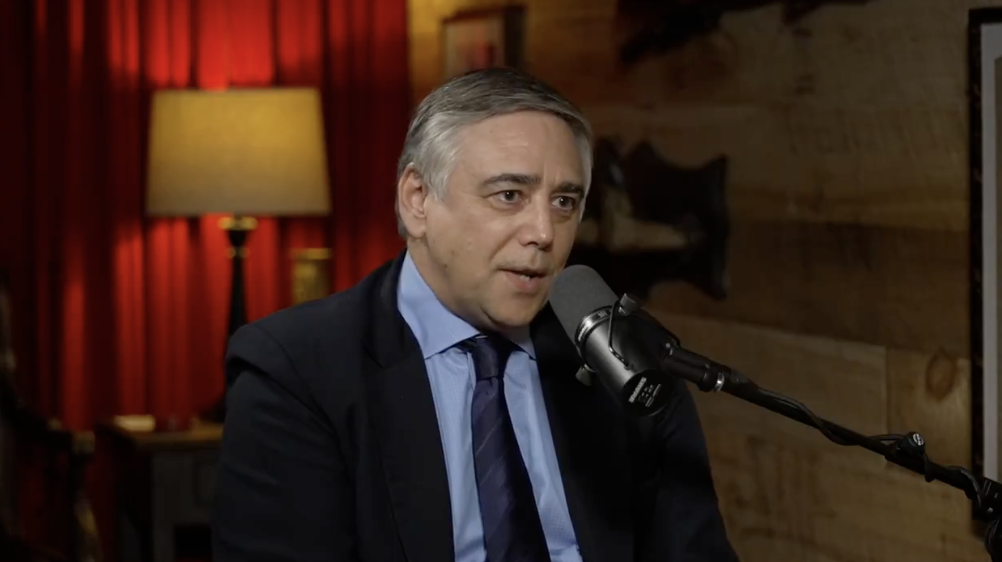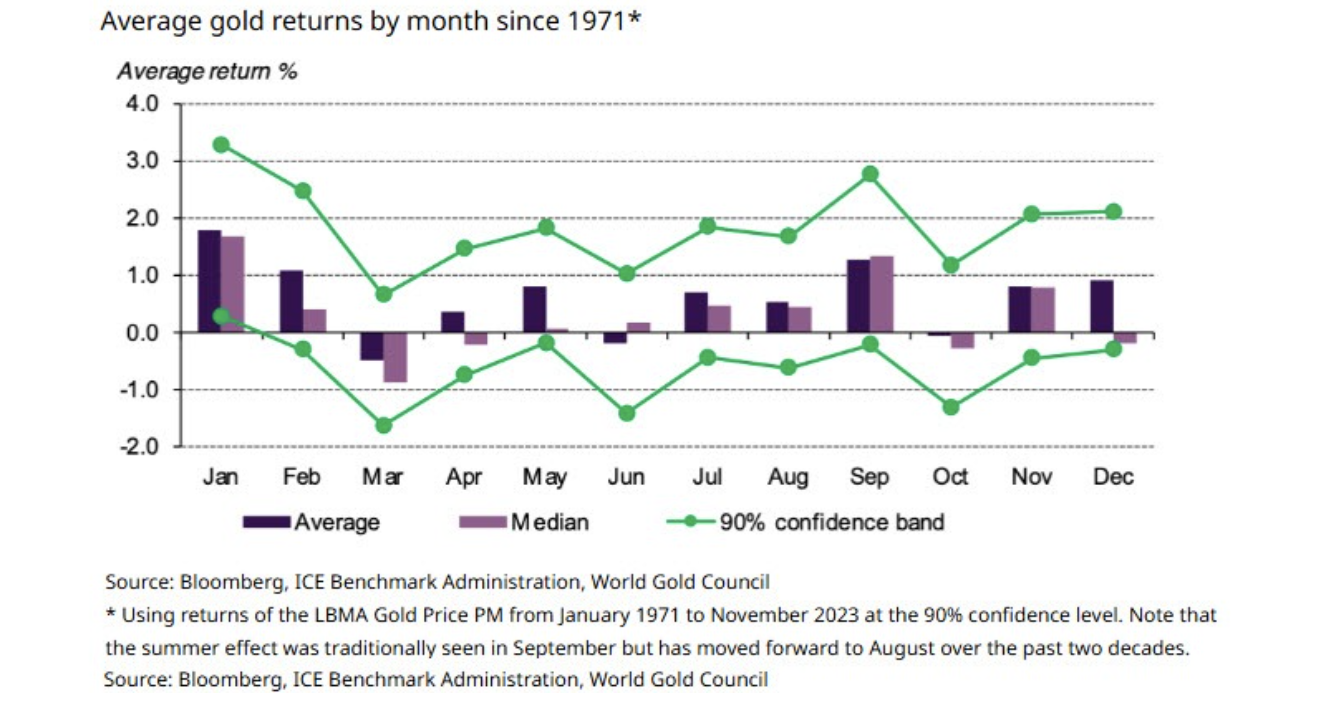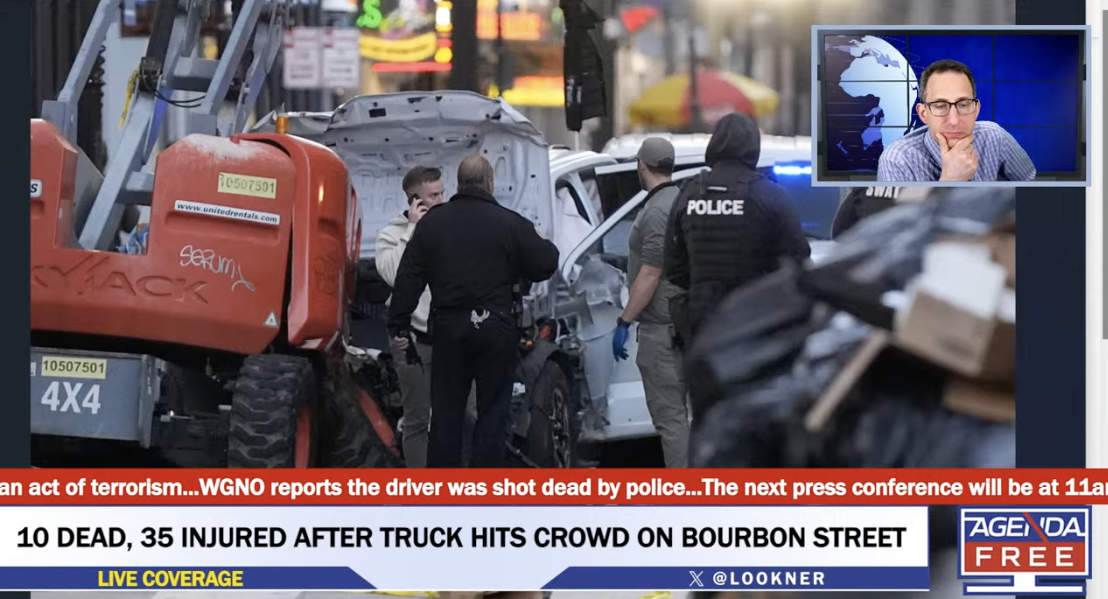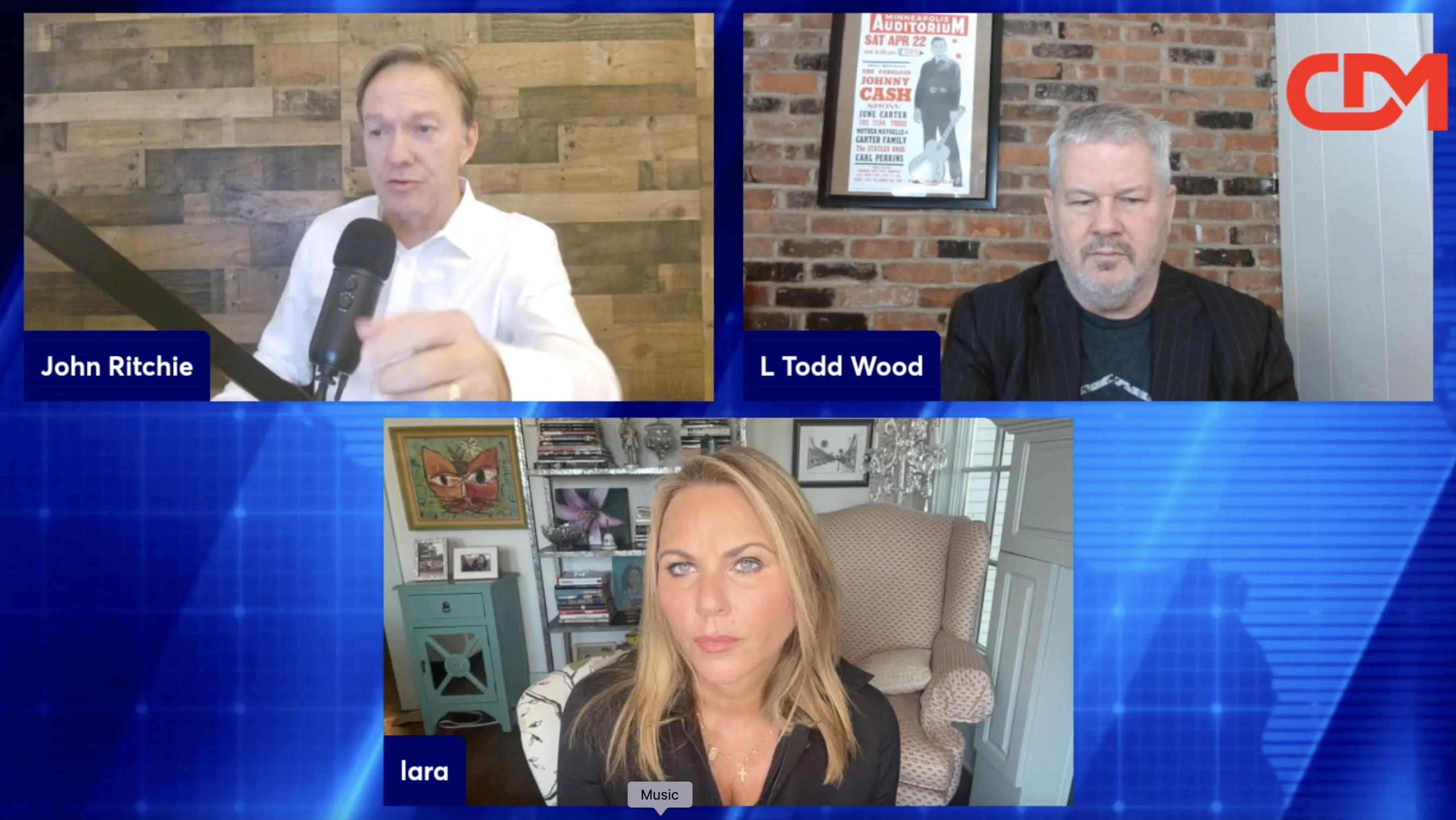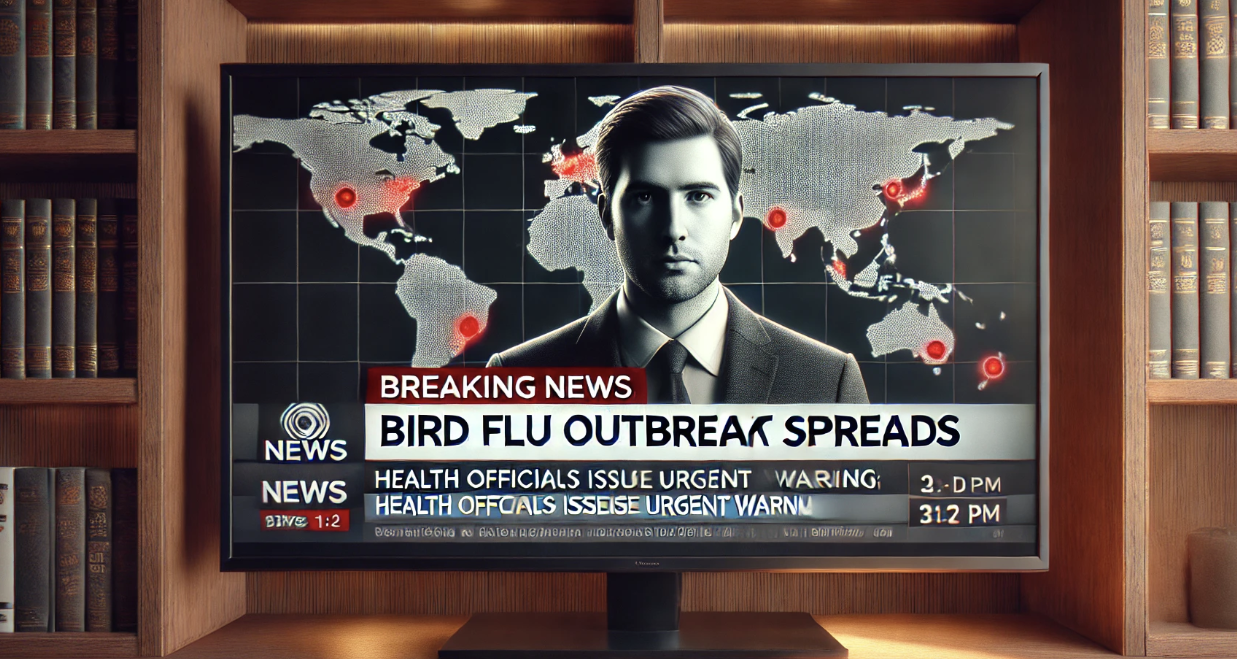And What is Homophobia, Exactly?
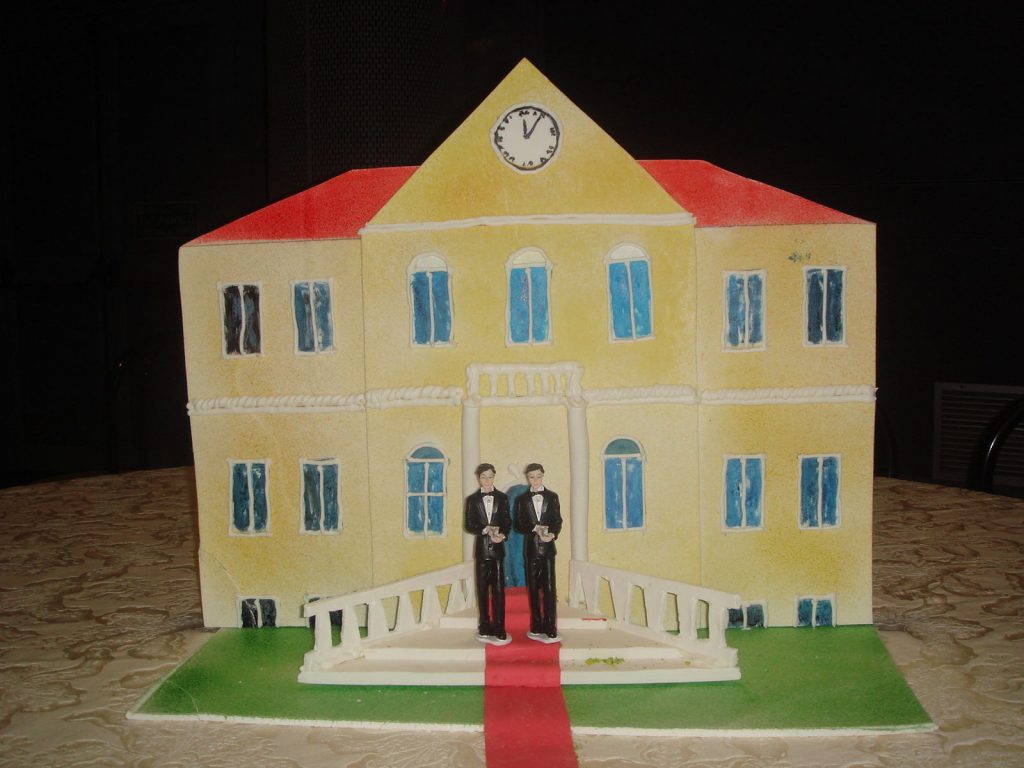
America has matured. Thirty years ago, if an openly gay man had managed to get elected as a mayor in Indiana, and then had the courage and requisite temerity to run for President of the United States, and he had a boyfriend (husband would've been illegal then) named, of all things, Chasten, and his last name began with "Butt," Saturday Night Live would have had an absolute field day. Phil Hartman and Dana Carvey would've fought tooth and nail over rights to that portrayal.
Pete Buttigieg's reception in 2019 has been rapturous, at least on the left. From center to right, it's somewhere between a raised eyebrow and a shrug. In almost no quarter has it been controversial (more on that in a moment). SNL did make fun of him, but only for being fluent in several languages--talk about softball. He made the cover of Time, with the headline "First Family," which is remarkable only for its disingenuousness.
Of course, identity politics is a double-edged sword. Instead of relying on his sexual orientation to energize voters, perhaps Harvard graduate Buttigieg should worry about checking his privilege. At the end of the day, he's just another white male candidate. And anyway, trans is where it's at now. Gender fluidity is all the rage. Gay and married in this day and age is, well, kind of boring.
Fellow homosexual and former politician Barney Frank disagrees, and true to form, shared some candid words about Mayor Pete and his rival, "Beto:"
“His being gay is an advantage and, if he were straight, I don’t think he would be doing as well,” Frank told the Boston Globe. “It attracts attention to him and he gets points for being open and honest and gives people a chance to affirm their lack of prejudice, I think Beto O’Rourke may be regretting that he’s straight.”
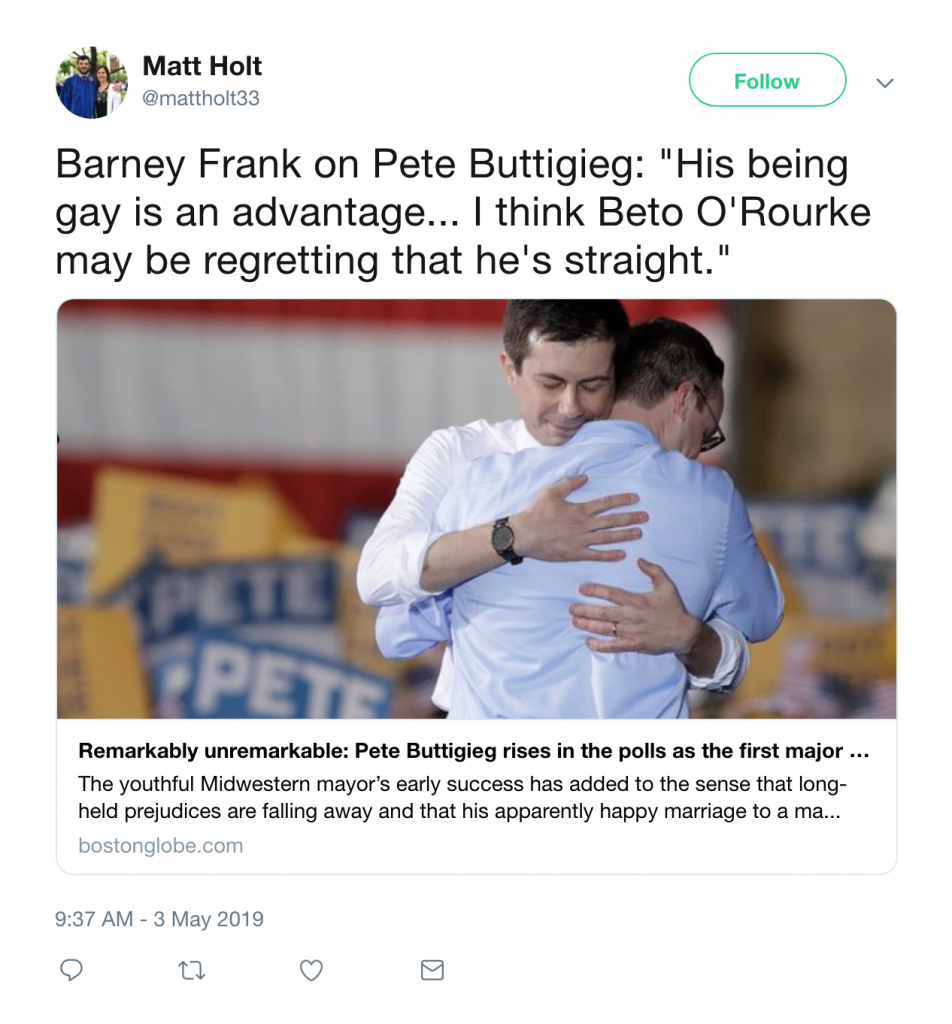
Frank, a master of the one-liner, has a point about giving voters a chance to virtue signal, but the undertone is one of jealousy, given that Frank's ambitions were greater than his highest station. That darn prostitute scandal!
To sum up: the media is trying hard to gin up controversy around Buttigieg's sexuality, and precious few are taking the bait. Democrats are drawn to his ideas. He's middle-left on most issues, as opposed to socialist, which at this point must be refreshing to many liberals.
Media and Academia Collude On "Hate Speech"
Mass media create division, so it comes as no surprise that CNN and others claim Buttigieg's small handful of protesters in Texas are homophobic because they yelled, "Marriage is between a man and a woman" at events in Texas. The problem is, that isn't homophobia, it's an opinion. A plurality of Americans believe that the sacrament of marriage is ordained by Christ, not by congress. That marriage is a spiritual reality, not a mere legal codification of the sacrament subject to amendment. Expressing that belief is well within their First Amendment rights, and, some would say, their Christian duty.
Other protesters are alleged to have yelled, "Sodom and Gomorrah." While edgier, this still doesn't rise to the standard for homophobia, which is an extreme or irrational fear of homosexuals. Neither hatred nor fear inheres within the phrase "Sodom and Gomorrah." It is a Biblical story about many kinds of sin. Whether the subtext is, "society is going downhill due to relaxed morals," or, "gays are bad," we have no way of knowing. It may be that the protesters are homophobic, or that they are fundamentalist Christians, or paid Soros trolls, or none of the above. The point is, they didn't actually say anything homophobic, such as, "If that gay gets elected, America's ruined," or "I dislike gays."
Allegedly, they did also say "Repent," which all of us should do.
That said, take a look at these definitions of homophobia:
- Cambridge Dictionary: a fear or dislike of gay people
- Oxford English Dictionary: dislike of or prejudice against gay people
- Merriam-Webster Dictionary: irrational fear of, aversion to, or discrimination against homosexuality or homosexuals
See the slippery slope? When your English teacher said, "language creates reality," this is what they meant, it's an excellent example. The Cambridge definition seems like the most reasonable way to explain the pairing of "phobia," which is an extreme fear, and "homosexual."
The OED definition seems straightforward, though how "prejudice" fits into "fear," I'm not sure. There is a degree to which pre-judging, having a preconceived notion, can be connected to fear, but it's flimsy at best. This is the thin end of the wedge linguistically. They are coloring the word to suit the life the it has taken on since its inception.
Merriam-Webster's take is worse. A phobia has nothing whatsoever to do with discrimination. Yes, words grow and change all the time, in fact, "gay" is an excellent example. In centuries past, it signified frivolity, careless fun. But phobias are psychological phenomena, not mere descriptors. There is a -phobia for literally every noun. Only with a few of them--homophobia and Islamophobia spring to mind--is there a persistent push to make the words mean more than they do, to widen their respective umbrellas.
Tellingly, "discriminate" itself used to have no negative connotation. It simply meant to tell apart. Some colorblind people cannot discriminate between red and green, for instance. To have "discriminating taste" was a good thing. Not until post-Revolutionary America, when unfair housing practices were termed "discriminatory," did it take on new meaning. Now the primary definition of the word is pejorative, the former meaning has been relegated to secondary and tertiary definitions.
In other words, through Merriam-Webster's lens, one aspect of labeling people as homophobic is a fear of being categorized, or discriminated, as being different from others. It's discrimination-phobia, if you will, that drives homophobia.
In Mayor Pete's case, the ones care most about his sexuality are the media.










